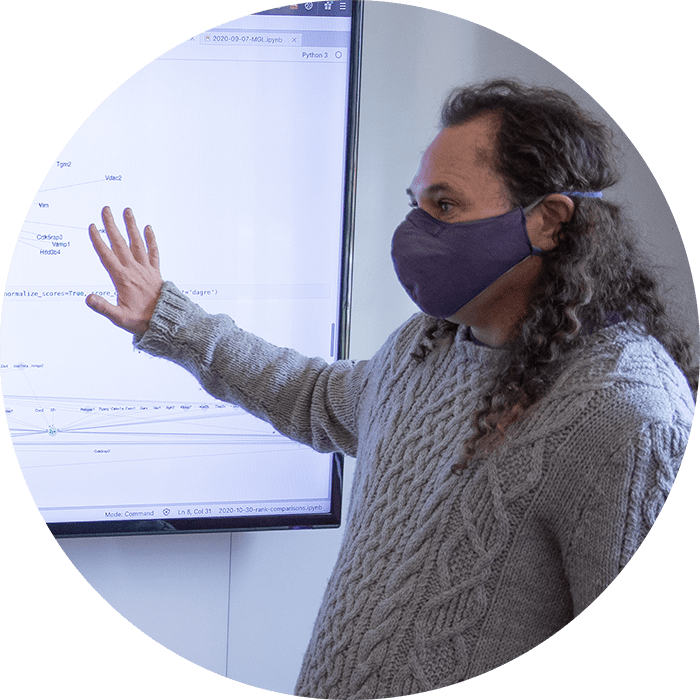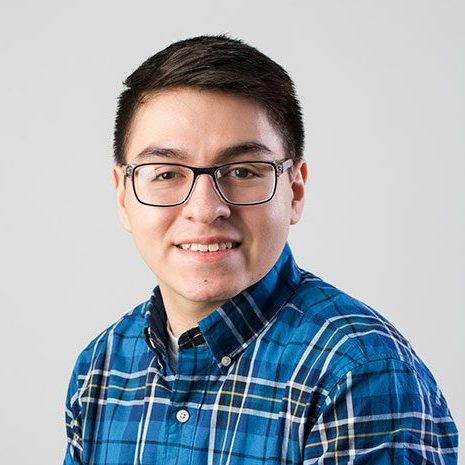3+2 Pre-Professional Program in Engineering
Whether you want to improve the present or build the future, there’s a place for you in engineering! If you want to start your path to solving problems in the world in a way that’s personally supportive and socially relevant, the 3+2 program at Earlham is the place for you. Our program gives you plenty of flexibility and advantages, including formal affiliations with four different engineering schools and the opportunity to complete up to three different degrees in six years or less. Feel free to reach out to program liaison, Seth Hopper with any questions.
Earlham’s official relationships with affiliate institutions mean they have approved our courses for transfer and that our program liaison is ready to help you craft a plan for success in earning both an Earlham B.A. and a B.S. in engineering from one of our partner schools; in one case, there are also options to earn an MS in one additional year. Typically, you will apply for transfer to affiliates after spending three years at Earlham. Following transfer, you will spend two years earning the remainder of both the B.A. and B.S. degrees at the engineering school.
Students may also choose to stay at Earlham for four years to diversify their academic and co-curricular experiences, continue playing with their varsity team, study off-campus, or simply to complete their B.A. coursework and have the option to apply directly to master’s programs alongside the dual degree offerings. Your path is up to you!

Start your adventure
Sign up for more information about Earlham College.
The 3-2 program can prepare graduates for careers as biomedical, chemical, civil, computer, electrical, mechanical, aerospace and other types of engineers.
Engineers with a liberal arts foundation
Earlham’s 3-2 pre-professional students gain a foundation in the liberal arts, providing you with the breadth of knowledge and understanding that can make a world of difference in your chosen career.
Affiliate schools
Earlham has transfer or combined programs with Case Western Reserve University (Cleveland, OH), Columbia University (New York, NY), Rensselaer Polytechnic Institute (Troy, NY) and Washington University in St Louis (MO).
Expert advising
As a 3-2 pre-professional student, you’ll meet early and often with your adviser to ensure you are on the right track to reach your professional goals.

Our faculty
Our faculty come from a variety of fields, including computer science, earth and environmental science, mathematics and physics.

